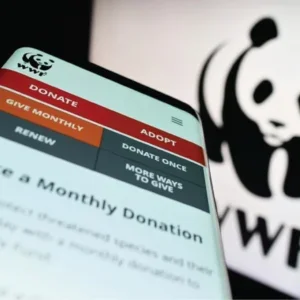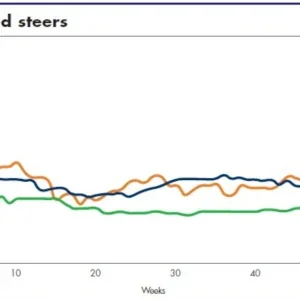The Pakistan Tanners Association is worried that leather industry might face problems after implementation of the regulations of World Trade Organisation. Major changes are expected in the global leather market that will reduce leather prices. In addition, local tanneries have yet to prepare for the new criteria of social and environmental compliance under the WTO regime, which might lead to closure of such units or trade embargoes on them by the international buyers.
The leather industry is the second largest export-orientated sector of the country. It has achieved an export target of $715 million during the fiscal year of 2003-04. Of this tanned leather accounted for $260 million. Their main export markets are Italy, Germany, Spain, Portugal, China and Korea. However, due to changes in the international market, many European countries have disbanded their leather garments and leather accessories industries, which have relocated to China or Korea and other Asian countries.
‘Our exports to Europe are declining due to the shifting of industries’, said S M Naseem, PTA chairman. ‘While Europeans pay a better price we need to reduce our production cost in order to enable us to export leather to China.’ He said low prices would be a serious issue for at least the next four years. Also, tanneries in the country are not paying attention to the social compliance issues that might lead to closure of units causing pollution to the environment.
With less than six months remaining for the implementation of the WTO regime, no progress has so far been made to restart work on the incomplete Combined Effluent Treatment Plant (CET) at Korangi Industrial Area. On various occasions, the PTA has repeatedly expressed confidence that the WTO challenges related with the social compliance would be met ahead of the start of WTO regime from the year 2005 and all the industrial effluents discarded by the tanneries in the country would be treated at combined effluent treatment plants. While talking to the Daily Times, PTA officials said that work at the CET, Korangi, had been stopped for more than a year, due to a dispute between the tanners and the ministry of commerce over payment of their share for the treatment plant.
According to the official, the total cost of treatment plant is more than Rs130 million and the PTA’s share of 30% amounting to Rs40 million. Though the project was initiated in the year 2000, tanners have so far collected only Rs10 million and a large number of tanneries remain opposed to the idea of contributing. These tanners maintain that the responsibility to clean up the effluent lies with the government, while the chairman of the PTA has criticised the authorities for not taking up the issue seriously.
‘The government should invest the disputed amount of Rs30 million from the Export Development Fund so that the CET becomes operational’, he said. ‘Those tanneries which have failed to pay their dues should not be allowed to get their effluents treated at it. He said the CET is not only to meet the WTO requirements but it would also support to control the spread of pollution at the natural disposal points and the international pressure will force the defaulting tanneries to join ranks of clean industries within a year he added.






